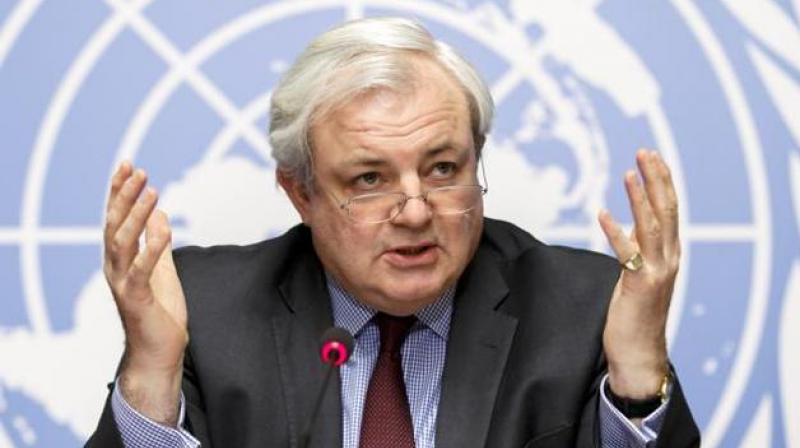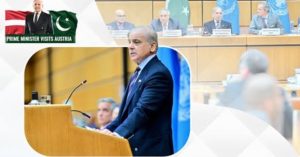UNITED NATIONS – Expressing deep concern for the safety of as many as 1.5 million people in Iraqi city of Mosul, the top United Nations humanitarian official has called on all parties to the conflict to ensure that civilians there are protected and that they have access to humanitarian assistance.
“Families are at extreme risk of being caught in cross-fire or targeted by snipers. Tens of thousands of Iraqi girls, boys, women and men may be under siege or held as human shields,” UN Emergency Relief Coordination Stephen O’Brien said in a statement Monday.
“As many as one million people may be forced to flee their homes in a worst-case scenario,” he added.
Underscoring that nothing is more important than ensuring the protection of civilians and their access to assistance, he also called on all parties to the conflict to uphold their obligations under international humanitarian law and to ensure the protection of civilians.
In particular, O’Brien emphasised that children, women, the elderly and disabled will be specifically vulnerable.
The UN relief chief’s message comes against the backdrop of military operations underway to retake the city from the Islamic State of Iraq and the Levant (ISIL/Da’esh).
O’Brien, who is also the head of the UN Office for the Coordination of Humanitarian Affairs (OCHA), further highlighted that humanitarian actors will be doing “everything possible” to support the people who may be affected by the military operation.
According to the statement, shelter is currently available for 60,000 people in camps and emergency sites and construction of additional sites, with capacity for 250,000 people, is underway.
Furthermore, food rations for 220,000 families are ready for
distribution, 143,000 sets of emergency household items are in stock, and latrines and showers are being readied for dispatch and 240 tonnes of medication are available at
distribution points.
The statement, however, also noted that despite generous contributions from donor countries, funding has been insufficient to prepare fully for the worst-case scenario.














